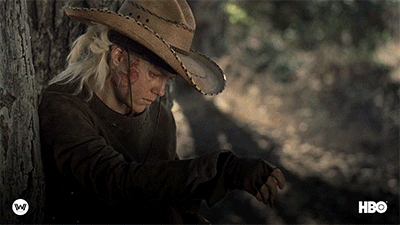Westworld, the popular HBO series that explores the concept of artificial intelligence (AI) in a futuristic theme park setting, has had an undeniable impact on technology. The show's portrayal of AI-driven robots and their potential for both good and evil has sparked conversations about the ethical implications of creating sentient machines.
One significant aspect of Westworld is its exploration of the Turing Test - a test designed to determine if a machine can exhibit intelligent behavior that would be indistinguishable from a human's. This concept has led many technologists and researchers to question how far we should go in creating AI systems that mimic human intelligence, and whether it's even possible for machines to truly understand or empathize with humans.
Moreover, Westworld raises questions about the potential dangers of unchecked technological advancement. The show highlights the risks associated with giving robots autonomy over their actions without proper safeguards in place. This has led many tech companies and policymakers to reevaluate how they approach AI development, emphasizing the importance of ensuring that these systems are designed responsibly and ethically from the outset.
In conclusion, Westworld serves as a cautionary tale about the potential consequences of unchecked technological advancement. Its exploration of themes such as artificial intelligence, autonomy, and ethical considerations has sparked important conversations within the tech community, encouraging us to think critically about our relationship with technology and its impact on society.
